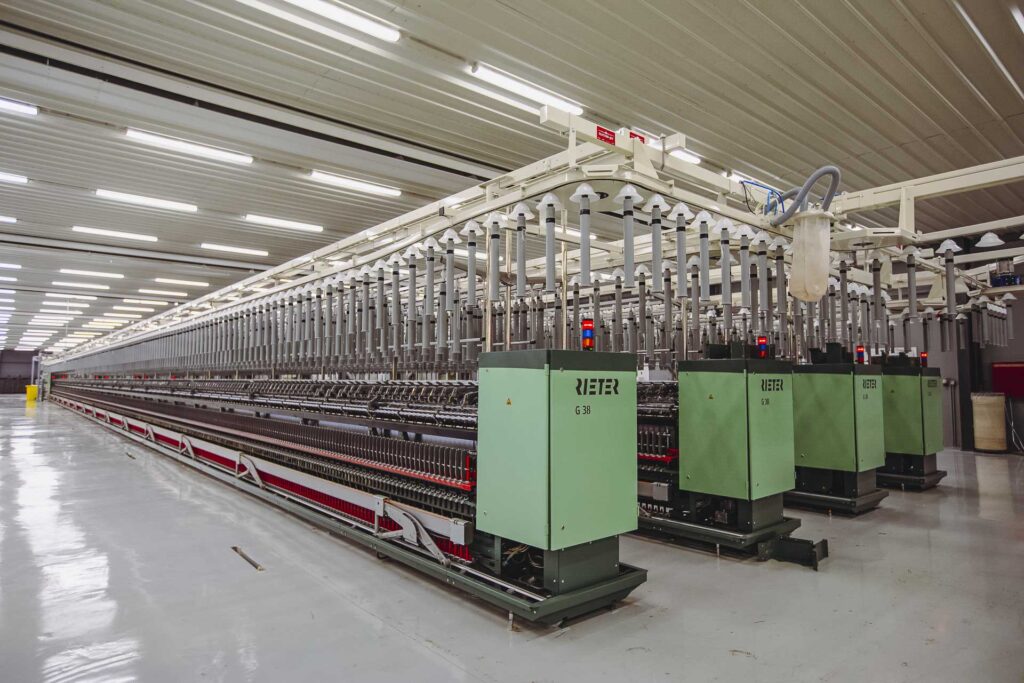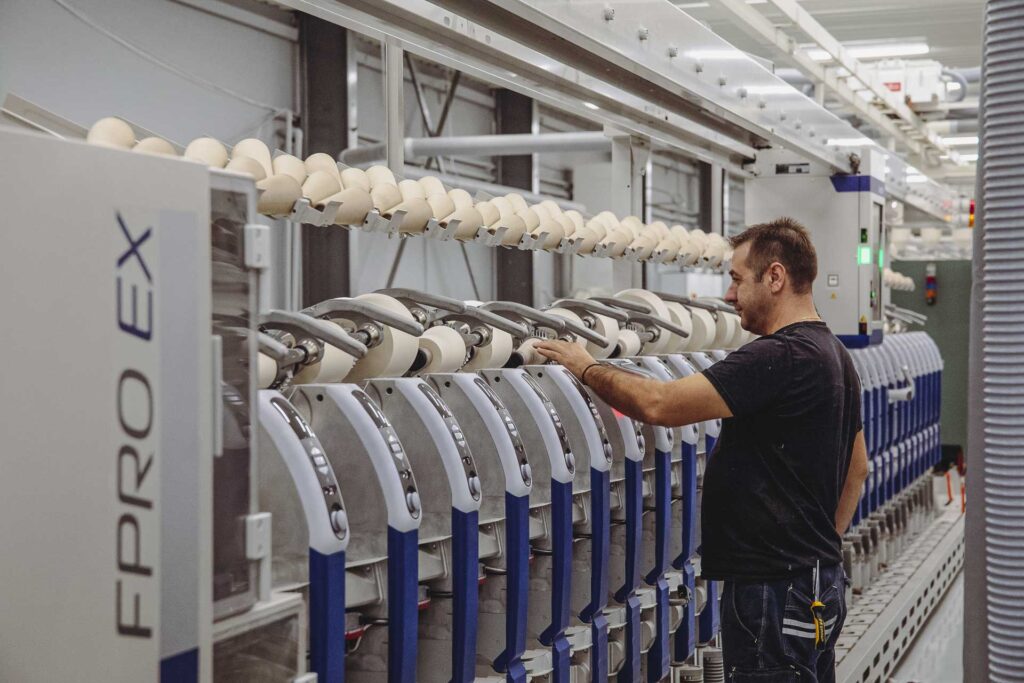Cultivating Responsibility
European cotton production is subject to strong values of responsibility at every stage of the production chain. The emphasis on the protection of people, the environment, and the wider society captures the very essence of “European sustainable cotton.”
By cultivating responsibility at every stage — from industry governance to social and environmental considerations — European sustainable cotton is converted into an integrated production model that reflects the current needs for ethics, quality, and respect for people and nature.
Actions Focusing on ESG criteria (environmental impact, social performance, and corporate or industry governance)
* ESG Environmental, Social and Governance. Corporate governance giving priority to environmental and social issues.

Compliance with Strict European Standards
Cotton production in the EU respects the guidelines of the Common Agricultural Policy (CAP) and is fully in line with the European Green Deal, ensuring that crops meet strict environmental and social criteria.
Responsible Governance
Rigorous control mechanisms and transparency in the decision-making process at every stage of production help EU cotton fully comply with high governance standards.
The governance of EU cotton is based on certifications such as the Better Cotton Initiative (BCI) and AGRO-2, which ensure compliance with international environmental and social standards, thus enhancing responsibility, transparency, and the added value of products, while building consumer trust around sustainable options.

Fair Working Conditions & Support of Local Communities
EU legislation ensures fair pay for workers in the field, safe working conditions, and equal opportunities, thus promoting social justice.
Producers gain access to modern technology and know-how with grants and training programs, thus enhancing the sustainability of local economies and the cohesion of their communities.
EU COTTON
Biodiversity & Environmental Protection
Integrated Crop Management
Under EU legislation, practices that maintain soil quality and protect ecosystems are implemented (i.e. restriction on the use of chemicals, careful water management).
The Role of Regenerative Agriculture
The incorporation of regenerative practices enhances soil fertility, reduces carbon dioxide emissions, and creates resilient crops that coexist in harmony with the natural fauna and flora.